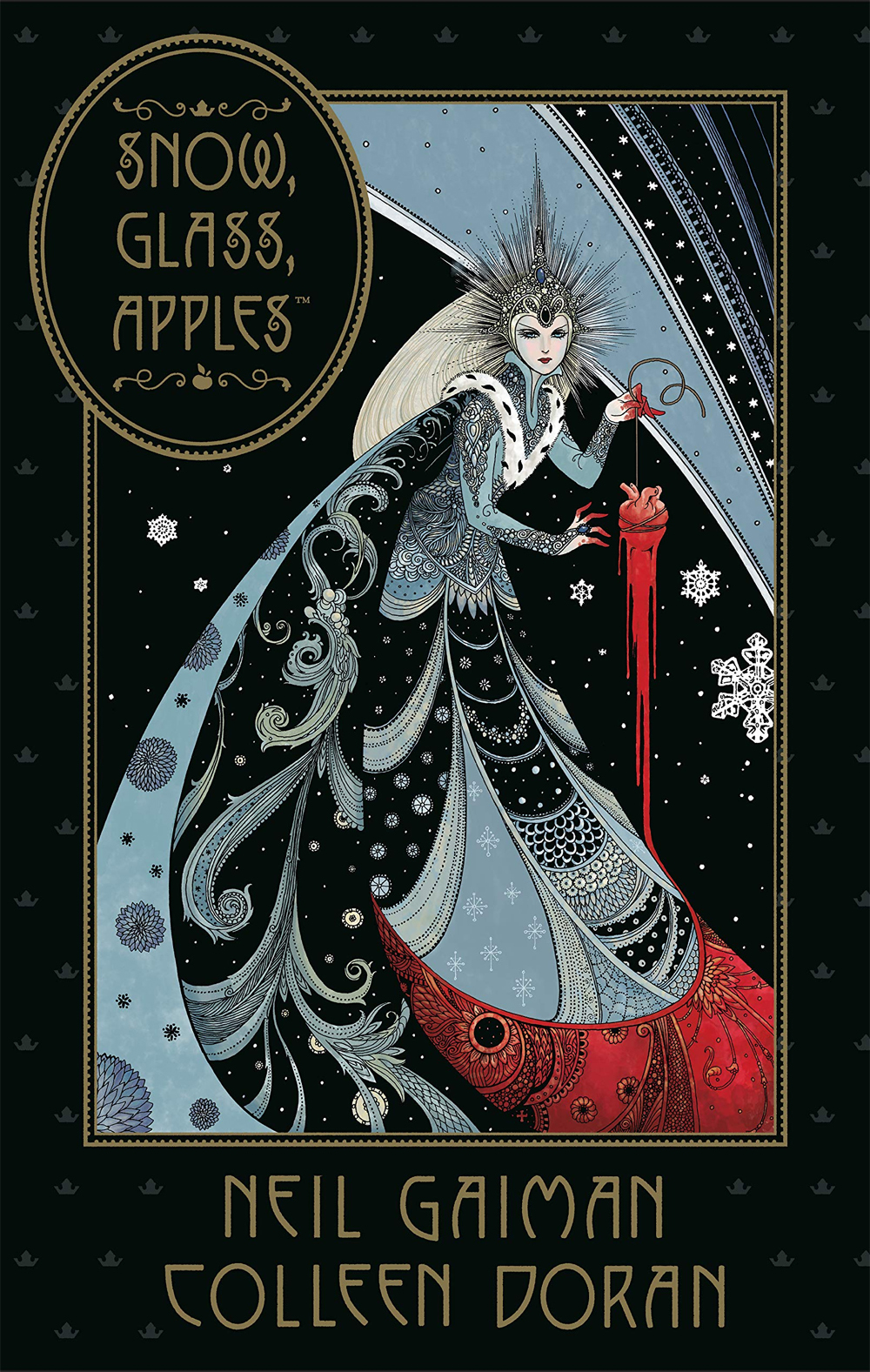
Snow, Glass, Apples is a graphic novel by Neil Gaiman and Colleen Doran. Gaiman wrote the story and words, and Doran was responsible for the adaptation and art. The book is a re-telling of the German fairy tale Snow White that was published by The Brothers Grimm.
The book tells the story of Snow White from the Queen’s perspective, and this time she’s the protagonist of the story. Her stepdaughter Snow White is a frightening vampire who at age six bites her and then attacks and sexually assaults her father, the King. The King dies, and the Queen describes how she got revenge on Snow White. She also shares how she would do it all differently if she could. The Queen’s men take Snow White to the forest, cut out her heart, and leave her for dead. They bring her heart back to the Queen who hangs it above her bed with a piece of twine. Snow White’s heart continues to pulse.
Later, the Queen uses her looking-glass and realizes that Snow White is still alive. She’s grown up and is preying and feeding on men in the forest. The Queen uses witchcraft to make three poison apples and disguise herself. She delivers them to Snow White who eats the apples and falls into a death-like sleep. Eventually, Prince Charming arrives at the palace. The Queen sleeps with him, but he’s into necrophilia, and she’s very much alive. The Prince ends up finding cold, pale Snow White in her glass and crystal coffin, and wakes her up. The necrophiliac and vampire are a perfect match. They marry, and burn the Queen in a kiln.
It's a creepy, gory re-telling of the fairy tale with sexual violence and adult imagery. The story is meant for adults, not children. Even though I know that fairy tales are often scary and gruesome, I was surprised by the explicit nature of the story.
The artwork by Colleen Doran was beautiful, and for me, it was the best part of the book. Doran was inspired by the Irish artist Harry Clarke, and I love his work too. At the end of the book, Doran shares some of her early sketches and provides information about her process in creating each piece of art by hand.
Related Review:
Good Omens by Neil Gaiman and Terry Pratchett
Purchase and read books by Neil Gaiman:
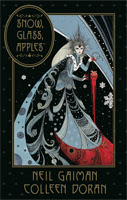
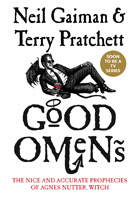

© penciledpage.com
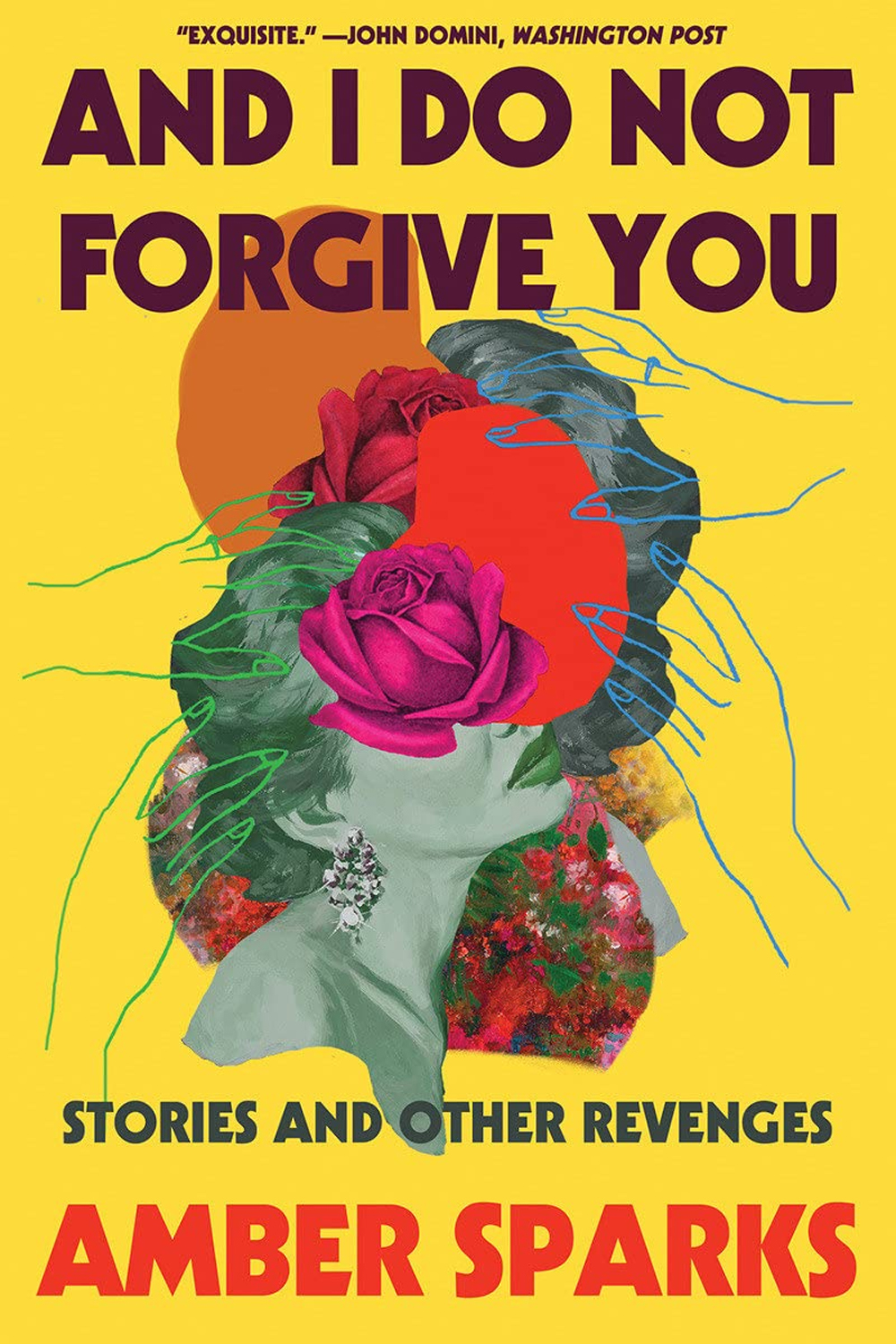
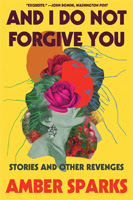
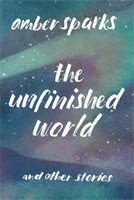



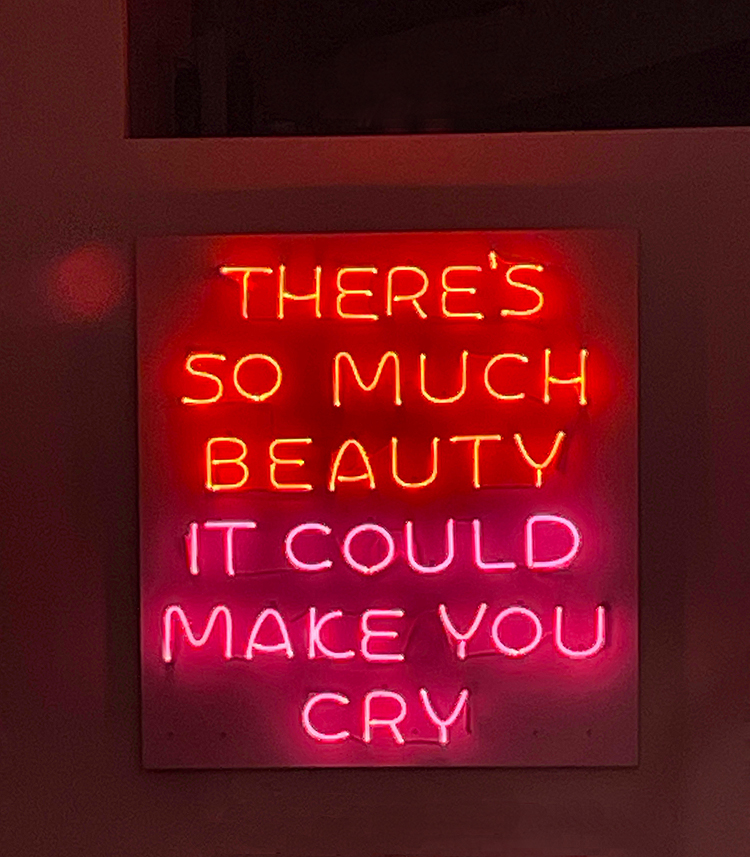




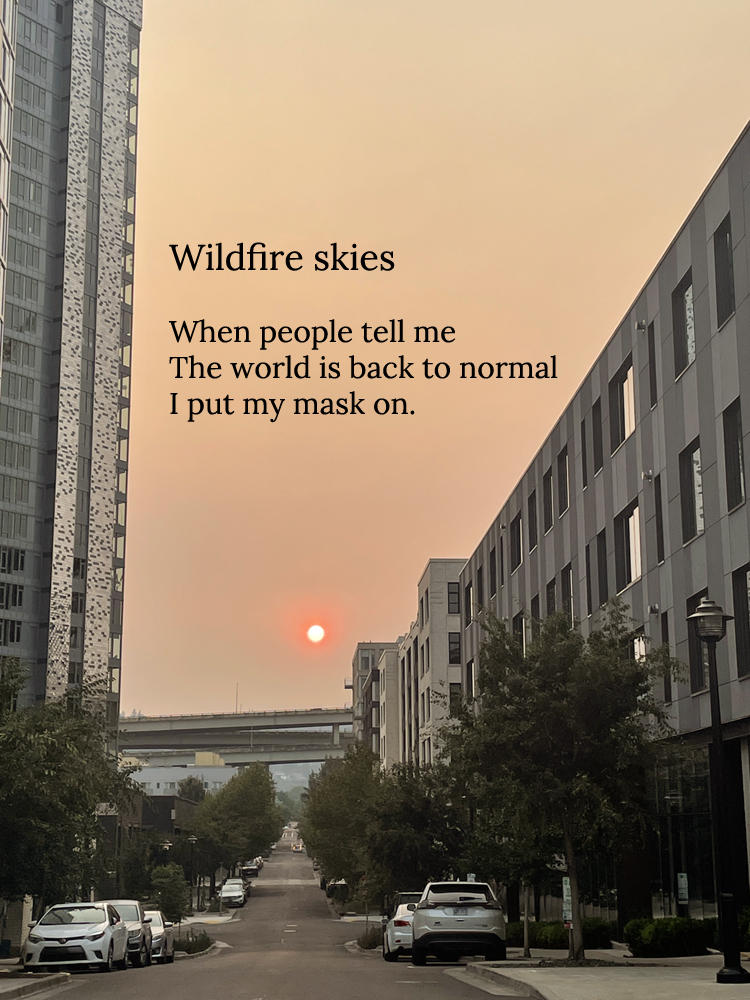




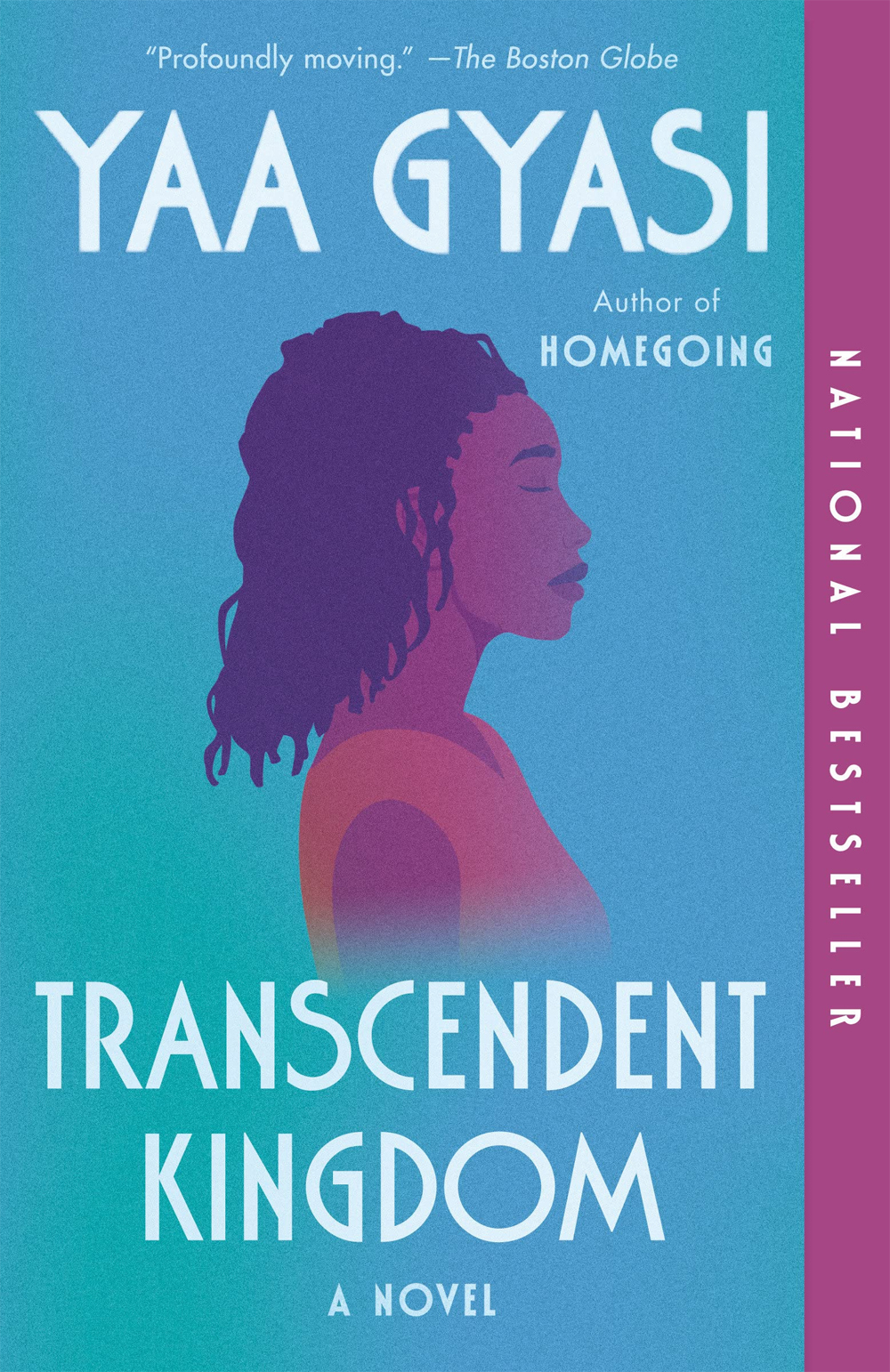
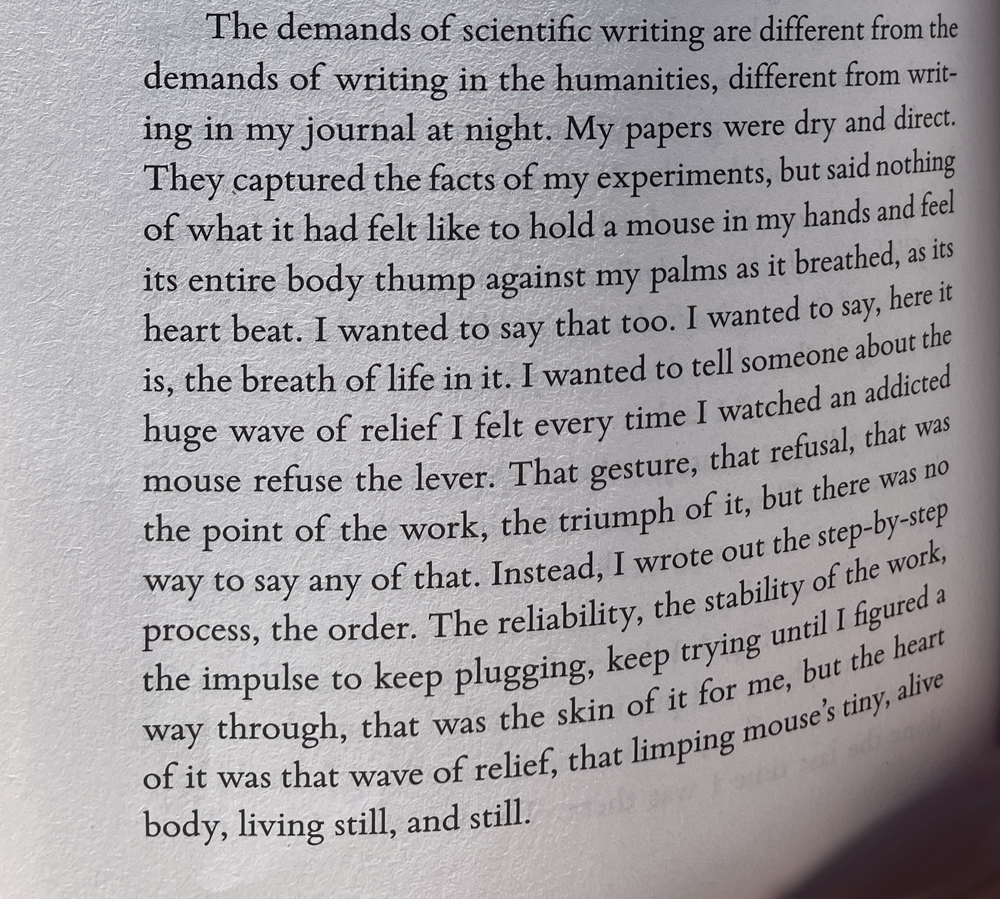
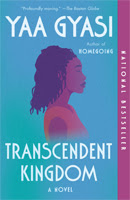


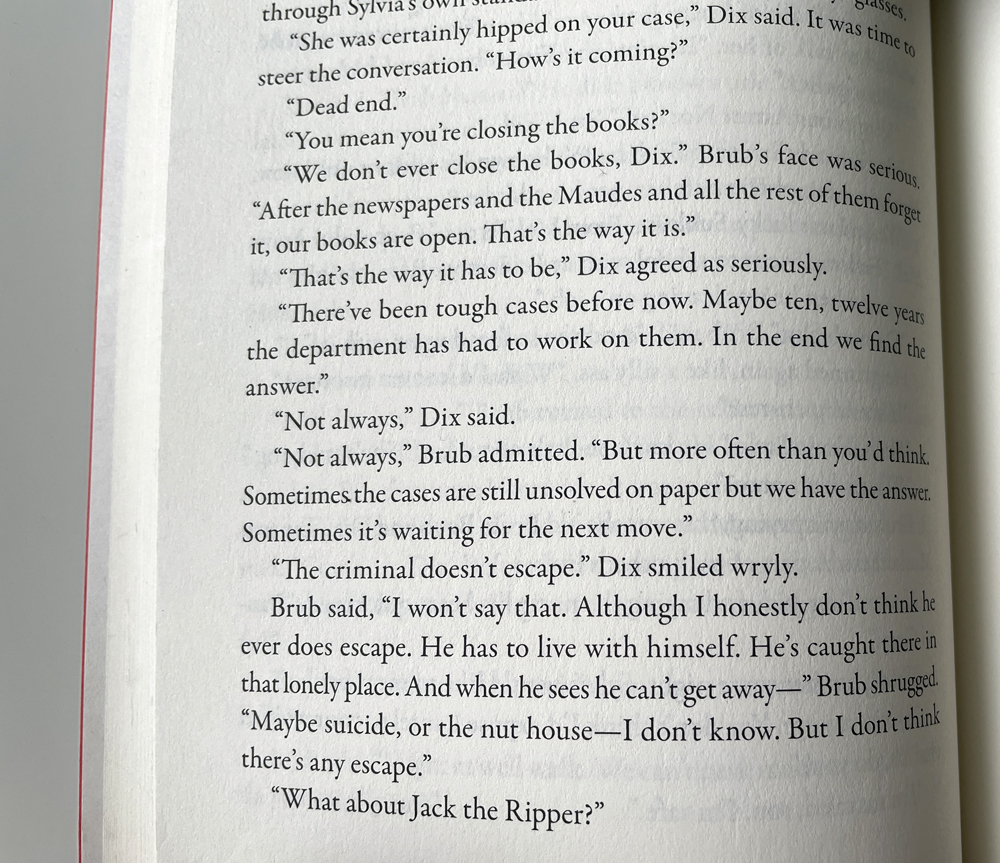
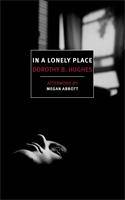





Search This Website